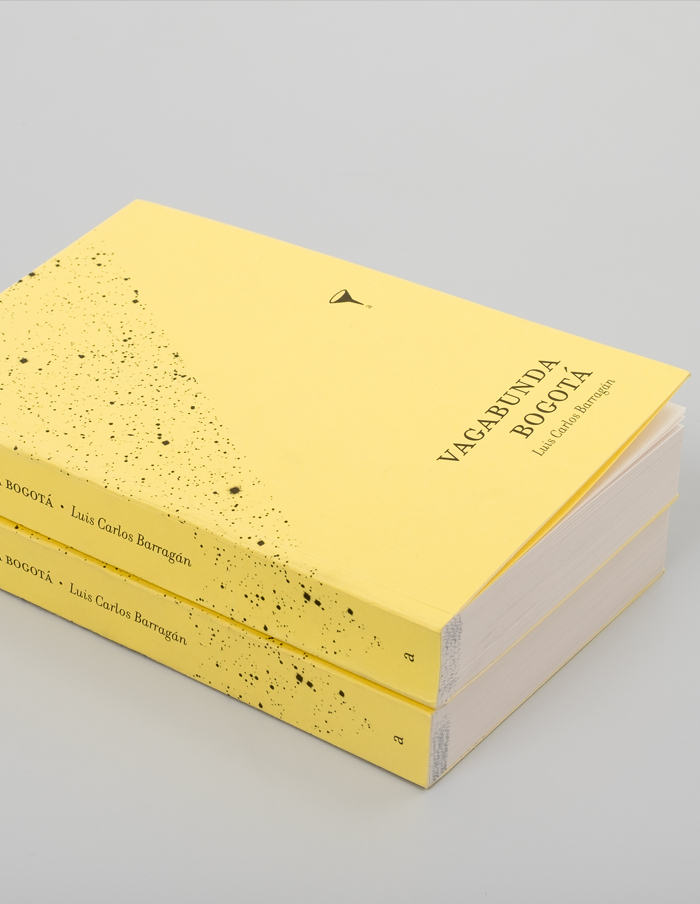
Vagabunda Bogotá: From science 'friction' to surrealism
A literary review of a striking novel by the Colombian author, Luis Carlos Barragán.
A thunder. Brhammm! I envy fire in the eyes of lovers and I hope to fall in love like them and wrap myself in flames, the fury of a lover who dies of love, those serious loves that give meaning to life and when you die it is to cut your veins. Another thunder, rebrhammmm! This book is mostly about the meaning of life, because sometimes, when I realize that I am getting bored, I think that life has no meaning. The rain sounds knocking hard in the window go and go and I'm waiting in the waiting room.
This is how Vagabunda Bogotá begins, the novel by Luis Carlos Barragán that chased me for a year at book fairs and bookstores until I had the enormous pleasure of reading it.
The novel, which we could begin to describe as a fictionalized autobiography up to delirium, orbits around the search made by the narrator, Luis Carlos Barragán, to recover Mario, whom he loves. The challenge is to find him, bearing in mind that Mario went to the Uranus Space Station on a scholarship to study post-quantum physics. Thus, another way of describing Vagabunda Bogotá could be like a science fiction novel about love or science friction about love, if we take into account his great dose of homoeroticism and erotic encounters with household appliances such as a blender or a huge fridge in which Luis Carlos comes to live spiritually, in Uranus, and in whose body he manages to find Mario:
Mario smiles at me. He approaches me leaving the girl behind. I hold my breath because it's too close. "Luis," he says. He runs his fingertips over the surface of my right door made of polyethylene, aluminum, paste, I melt for you. The Centromatic [a washing machine] whispers to me that humans are not to be trusted. [...] I was a refrigerator, only a refrigerator, I opened my doors. Mario kissed my fridge label.
Vagabunda Bogotá, as you can see, also has a large dose of surrealism and magical realism: There are the numerous cases of sleepers levitating over Bogotá without knowing why or how, the redefinition of hail as a little animal of the North Pole that floats when it dreams, and an epidemic of oblivion that affects the Earth and the Uranus Space Station.
RELATED CONTENT
This epidemic of oblivion is not only a tribute to Gabriel García Márquez but, unlike what happens in One Hundred Years of Solitude, it turns upside-down the order in which events take place on entire pages of the novel, until one ceases to understand how what you are reading relates to what has already happened, and can't imagine where it might lead to. It is explained that this happens because:
When oblivion swallowed everything, our personalities left with the memory, our objective vision of a memory that deserves to be told, and only that randomness remains. Fragments of lost lives, pieces of unrecognizable love, confessions that are not relevant, dramas that have not been overcome, interrupted readings that do not connect, that do not make sense. [...] Without the memories that remind us who the extras of our novel are, our lives can only be lived in a zigzag, in a complete wandering, without knowing where to go, without knowing what to want, without knowing why to live.
Even more surprising than this coherence is that the rhythm of the narration rewards the reader when he gets lost and does not know why he keeps reading or when the narrator does not know what he is talking about. But beyond that is a strange beauty difficult to describe and understand. Undoubtedly, Vagabunda Bogotá is the strangest novel I have read since I had to read Samuel Beckett as an undergrad (with his characters of abused bodies they do not feel like their own, without past or future and in a present they do not understand) — the difference being that this time I enjoyed feeling lost in the novel.
"Rumors say that this guy should have a Romulo Gallego under his belt. They didn't give it to him because something strange happened there, but they should have," a bookseller friend said to me. If Barragán had received the prize in 2013, when he became a finalist, not only would he have received at the age of 25 the same award as other great writers of the continent such as Gabriel García Márquez, Ricardo Piglia and Elena Poniatowska, but Vagabunda Bogotá would not have become a niche novel, as it happened.
Fortunately, Angosta, Héctor Abad Faciolince's publishing house, has done an excellent job distributing it and it is available both in print version and in ebook for Kindle. Luis Carlos Barragán's second novel, El gusano, published by Ediciones Vestigio, won an honourable mention in the Isaac Asimov Science Fiction competition at the Ateneo del Puerto Real in Spain in 2017. Without a doubt, he is an author for those who seek different texts from courageous and innovative writers in the Latin American panorama.



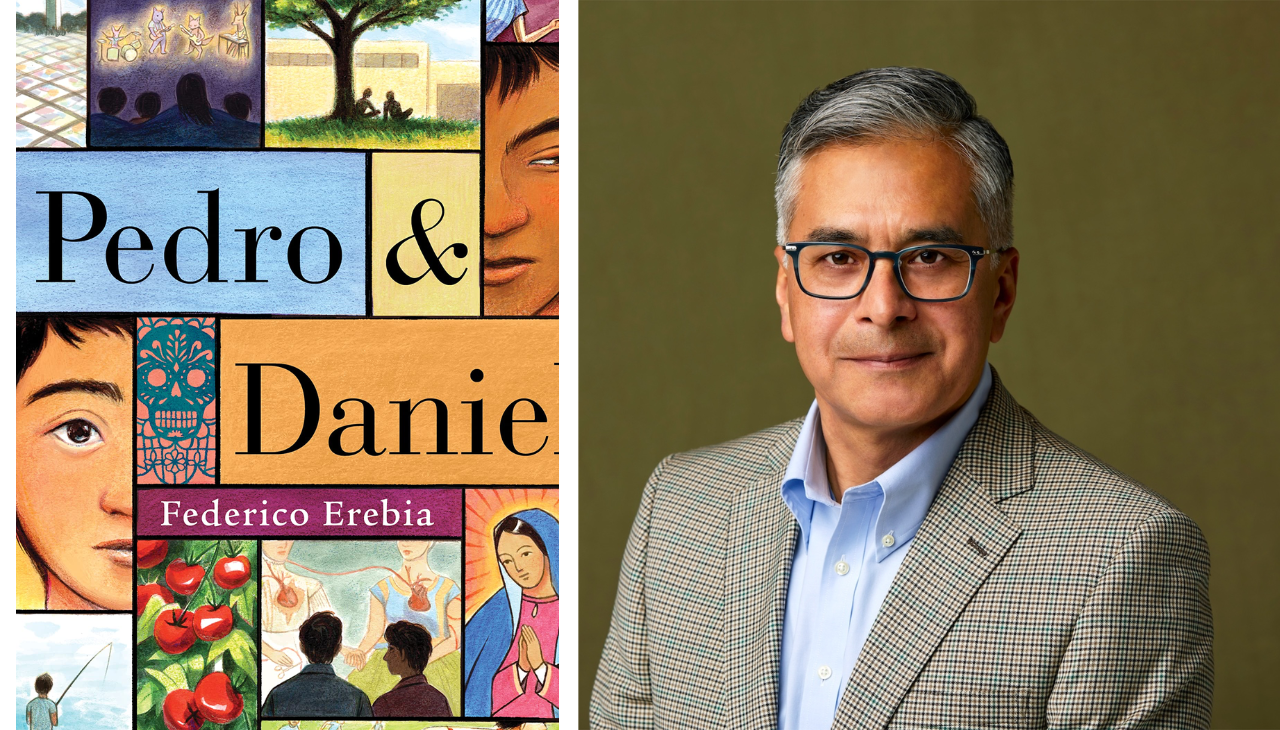
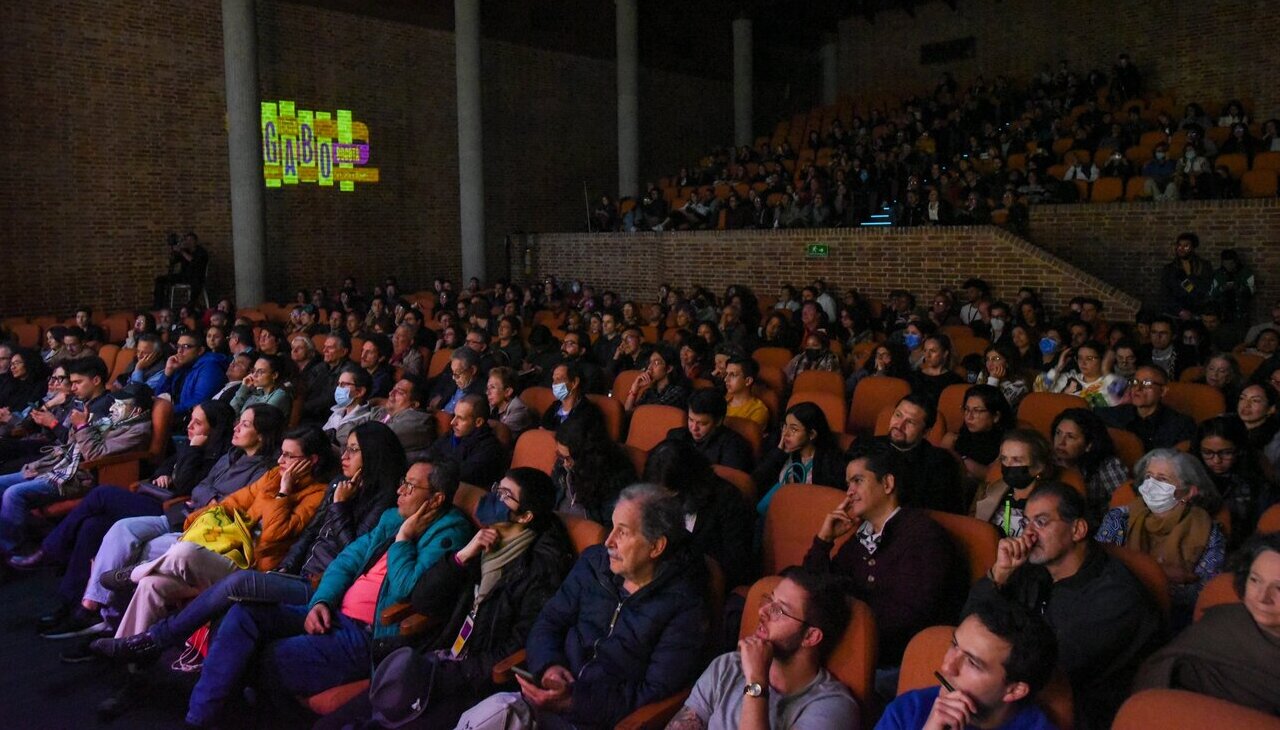
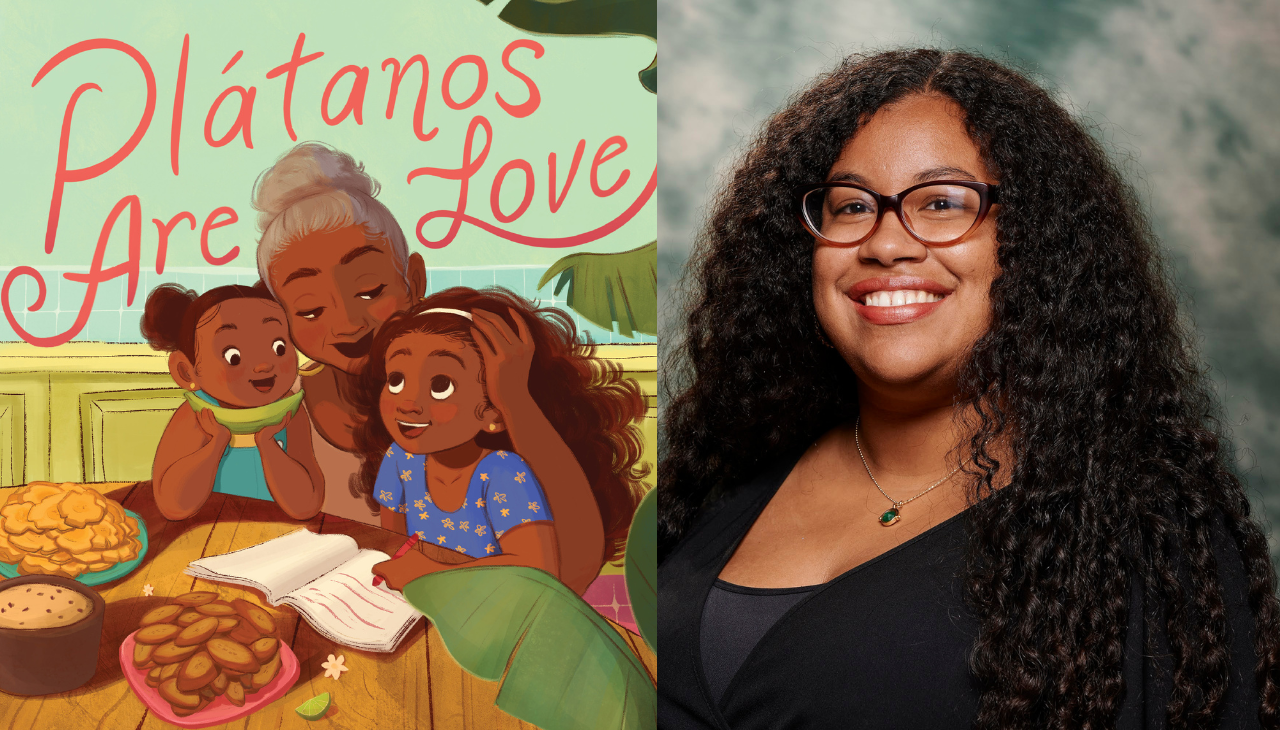
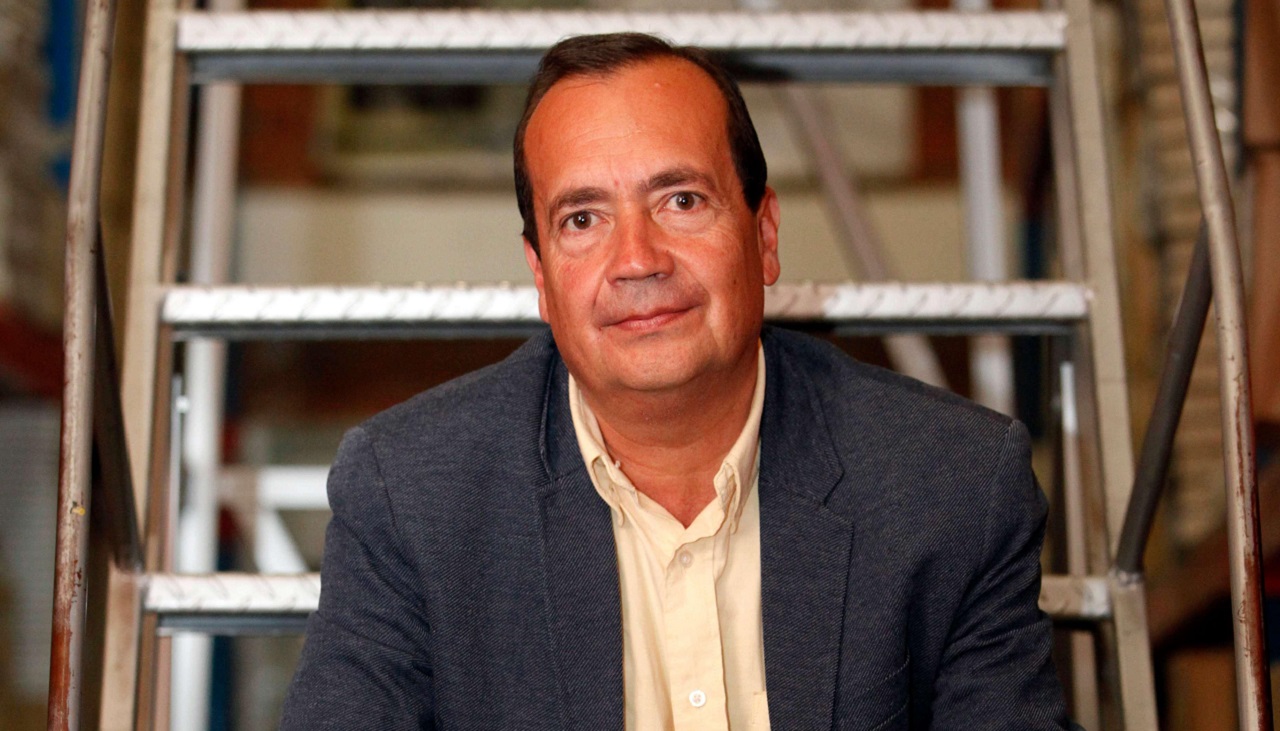




LEAVE A COMMENT:
Join the discussion! Leave a comment.